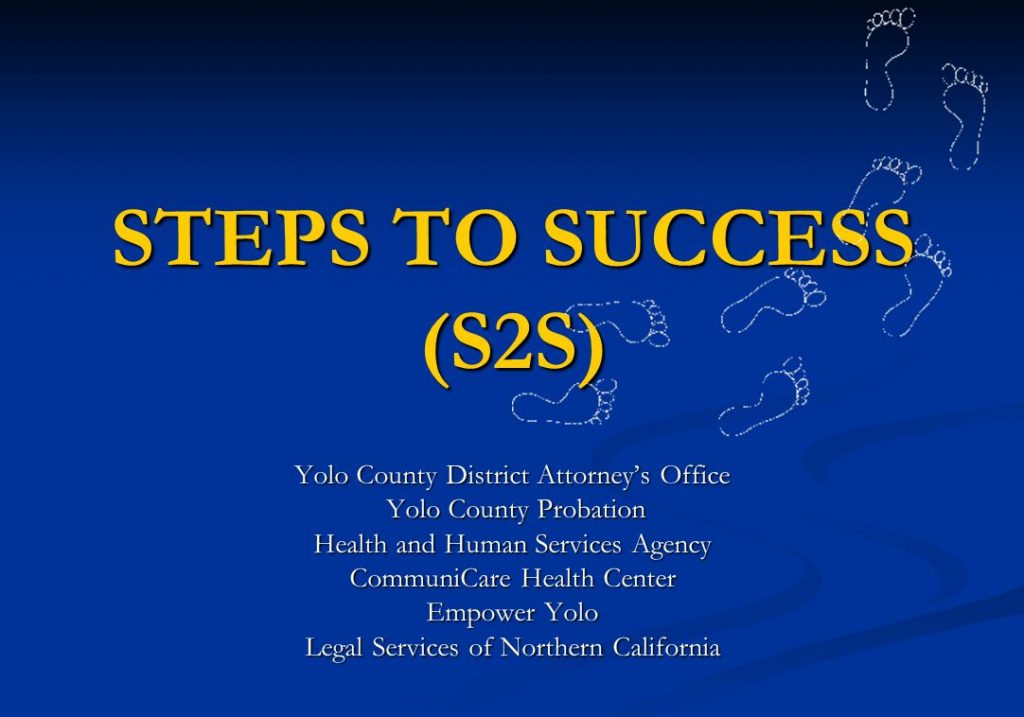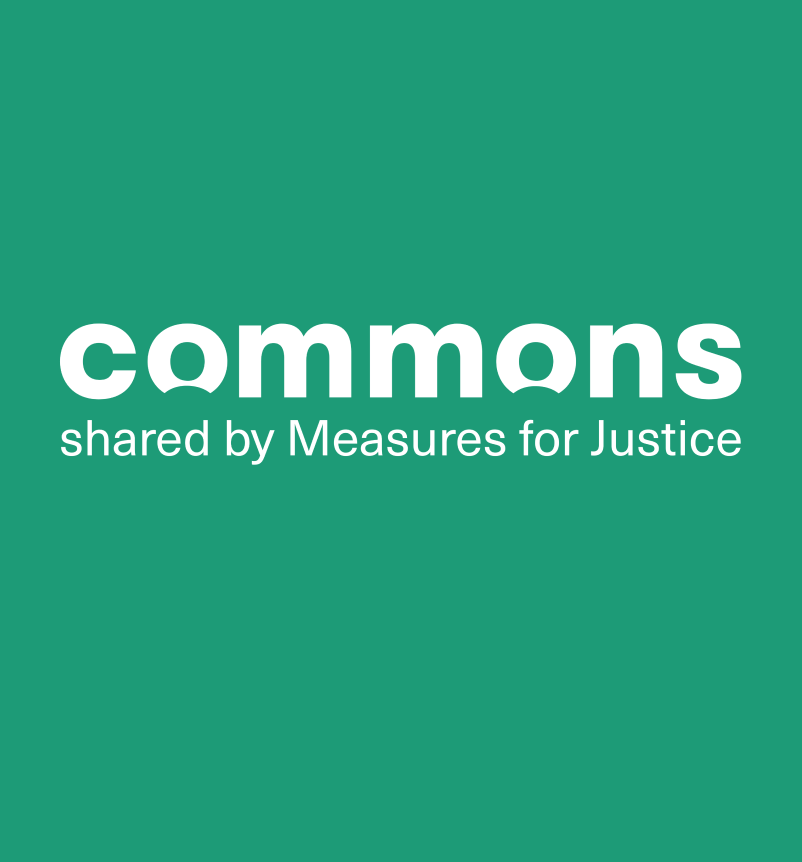(Woodland, CA) – May 23, 2018 District Attorney Jeff Reisig announced today that the “Steps to Success” (S2S) Officer Assisted Diversion program has started in Davis. During the past week Davis Police officers received training on this new program. The project is intended to reduce recidivism and advance the recovery of people involved in the criminal justice system who have a history of mental health and/or substance use disorders.
When individuals’ behaviors that led to their criminal offense is connected to mental illness and/or substance use disorders, officers will use this new procedure. Instead of arresting the individuals, the officer engages them to determine whether they want help with their mental illness and/or substance use disorder. The officer assesses whether they want to work on changing their circumstances and then quickly connects them with services. The goal is to provide assistance to these individuals when they are ready for change.
For those interested in the program, the officer will refer them into the S2S program by fast tracking their court date four weeks out instead of the normal twelve weeks. During this four week period team members will assess these individuals using evidenced based screening tools. Individuals with higher needs receive supportive services that include intensive case management, substance use disorder treatment, mental health services, permanent housing assistance and civil-legal assistance. An assigned case manager will work with participants to design an individual case plan designed to address their specific needs. At their first appearance in court, participants will be placed into a collaborative supervision with a probation officer and case managers working together with the model successfully used in Mental Health Court that reduced recidivism and hospital stays while increasing outpatient treatment engagement.
These individuals will also participate in a Neighborhood Court restorative justice conference to resolve their criminal charges. Successful participants will reintegrate into the community after addressing their mental health issue or substance use disorders while also avoiding criminal convictions which can often be an impediment to future employment and housing stability.
“With Steps to Success we hope to address the root cause of criminal activity,” said Reisig. “If we can help people get healthy, they will not be in and out of the criminal justice system and we will ultimately reduce recidivism.”
CommuniCare Health Centers conducts the clinical assessments and provides case management, Empower Yolo provides housing assistance, and civil-legal services are provided by Legal Services of Northern California.
Karen Larsen, Director of Yolo County’s Health and Human Services Agency, stated “Steps to Success is an exciting opportunity for our County partners to come together across systems and address some of the gaps that hinder the success of our residents struggling with mental health and substance use disorders.”
This project is funded by a Proposition 47 grant of nearly $6 million, to be spent over a 38-month period, with the goal of expanding the County’s Neighborhood Court diversion program. The project is a collaborative effort between the Yolo County Health and Human Services Agency, District Attorney’s Office, Probation Department, and the Public Defender’s Office. The Officer Assisted Diversion component will expand to the other police agencies in the near future.
“The Yolo County Probation Department is proud to be a part of the multi-year collaborative effort,” said Probation Deputy Chief Zachary Grounds. “This program will enhance our current continuum to provide early, efficient, and accurate treatment for those with mental illness or addiction and is another step that the Yolo criminal justice system has made toward closing service gaps and providing rehabilitation.”
The District Attorney’s Neighborhood Court program is seeking volunteers to participate in the restorative justice conferences. Individuals with loved ones suffering form mental illness or substance use disorder are particularly encouraged to participate. For additional information on this program, please visit www.yoloda.org/nc, email Nicole.Kirkaldy@yolocounty.org or call 530.666.8378.
###


